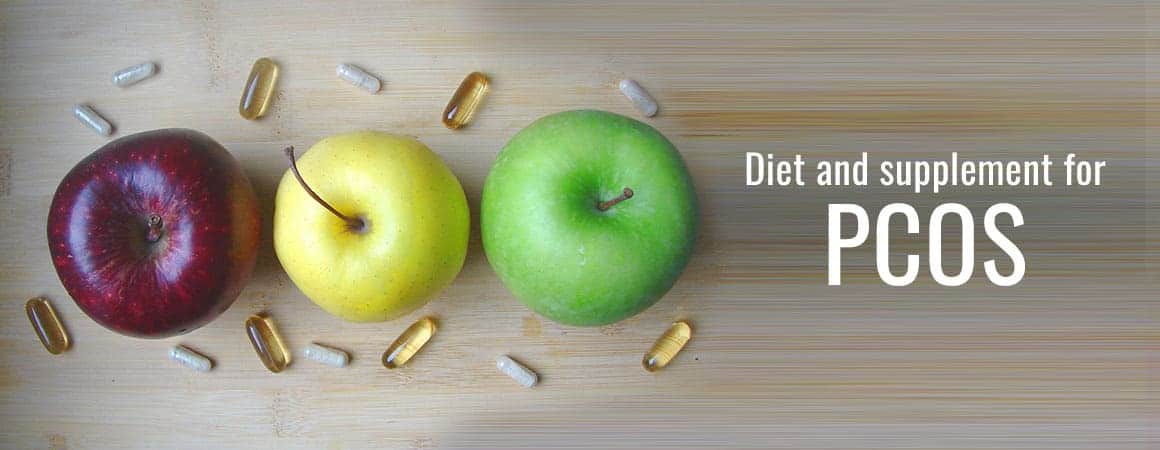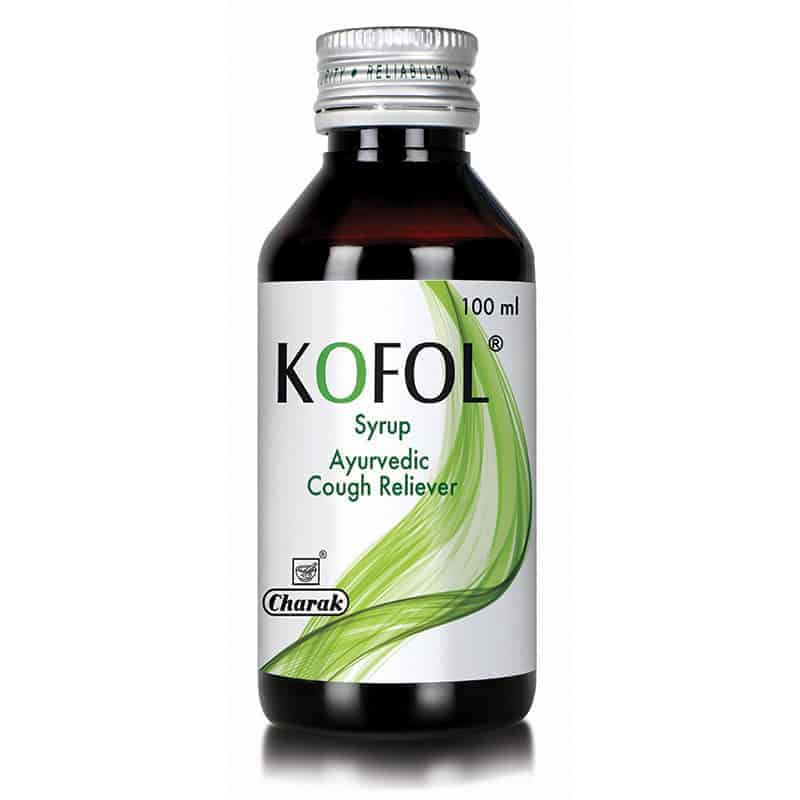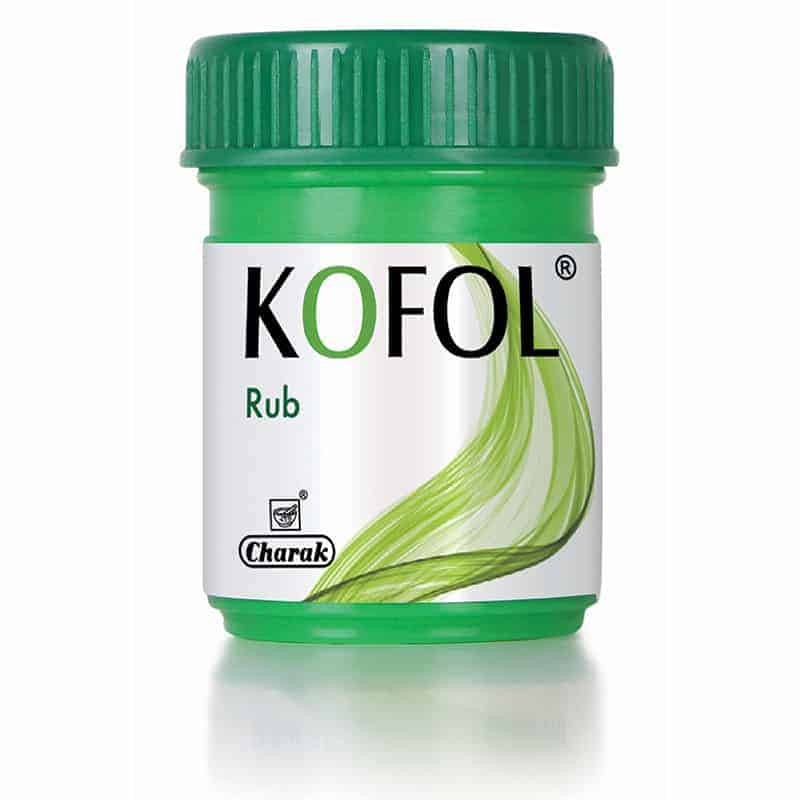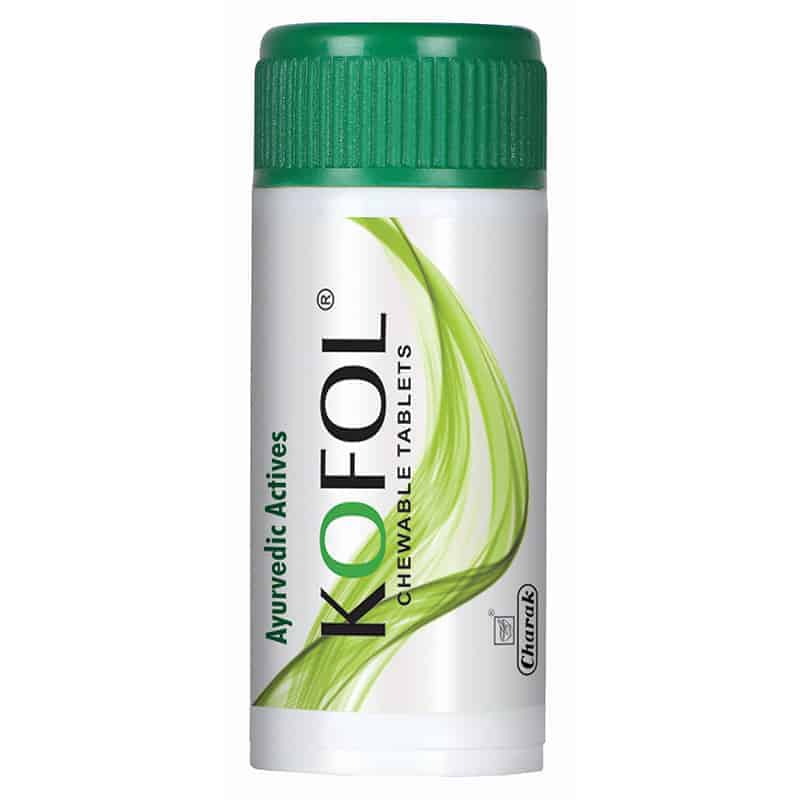Polycystic Ovarian Syndrome or PCOS is the most common endocrine disorder among women of reproductive age. It affects over 100 million Indian women, with prevalence rates as high as 18 percent. Despite the high prevalence of the condition, there is little awareness about what PCOS actually is and how it can be managed effectively.
Effective Management of PCOS
PCOS is a chronic condition, which means it persists for a lifetime and there is no actual ‘cure’ for it. However, with the right knowledge and medical care, the condition can be managed effectively. Most of the complications associated with PCOS arise as a result of weight gain triggered by the condition. Therefore, diet, medical weight loss program and exercise are crucial aspects of managing it.
The Importance of a Good Diet Plan
A good diet plan plays a key role in the effective management of PCOS by also addressing the symptoms and effects associated with it. Women with PCOS tend to have a very strong carb craving, which inevitably leads to weight gain and obesity. They are also likely to have higher triglyceride and cholesterol levels, which affects their risk of heart disease. The ideal PCOS diet should therefore aim to induce weight loss, control cravings, and check those cholesterol levels.
Diet for Weight Loss in PCOS
“A diet plan that supports slow and steady weight loss is the only long-term solution to sustain effective management of the condition.”
The maximum amount of healthy PCOS weight loss is between ½ to 1 kg per week. Going overboard can actually set into motion other health issues like skin problems and a weakened immune system. Following fad diets can have many long term health implications and possess serious health risks for women afflicted with PCOS. One of the worst diets to follow is a low-fat high-carb diet that can actually aggravate symptoms associated with the condition by increasing insulin resistance.
Food Items to include in a PCOS Diet Plan
Low Glycemic Carbs: Fifty percent of your daily caloric intake should come from carbs. There are some good sources of complex carbs like whole wheat atta, brown rice and unrefined cereals and oats. This can actually give you a slow and steady flow of energy and even control mood swings!
Monounsaturated Fats: These fats are a very important part of the ideal PCOS diet, as they can control obesity and insulin resistance. Nuts like almonds, groundnuts, walnuts, and flaxseeds are good sources of this type of fat.
Proteins: Proteins are another important part of the diet for PCOS, as they can satiate your hunger, helping you deal with your sugar and fat cravings. The intake of protein rich foods like sprouts, eggs, paneer, and chicken should be increased.
Green Tea: Green tea can be very effective in managing some of the symptoms of PCOS as it can help in lowering the raised levels of testosterone in women with PCOS. The only thing to keep in mind is to consume it at least an hour before or after your meals because evidence suggests that some of its compounds can affect absorption of other nutrients.
Healing Spices – Spices like Cinnamon, shunthi that are found in every kitchen are beneficial to manage PCOS. These spices are known to elevate the insulin sensitivity, maintain an ideal body weight and regulate the normal sugar level in the blood. Best way to use is sprinkle cinnamon powder on the salads or dishes you eat.
Vegetables: Green leafy vegetables and other veggies like tomatoes, carrots, and eggplant (bhaingan) contain powerful antioxidants and can help in rendering a good hormonal balance, improving metabolism and fertility, all of which are affected by PCOS.
Food Items to Avoid in a Healthy PCOS Diet
High Glycemic Carbs: Foods like bread, sweets and soft drinks fall into this category. These foods and beverages can cause a dramatic spike in levels of insulin and glucose, so it’s best to either significantly cut down your consumption or completely eliminate them from your diet, if possible.
Trans Fats: It’s best to give trans fat foods a miss as they can elevate levels of ‘bad’ cholesterol in your blood, while also lowering the ‘good’ cholesterol levels. Foods like doughnuts, pastries, and other junk or fried foods fall into this category.
Caffeine: There is quite a lot of evidence that links high levels of caffeine consumption with an increased risk of infertility. As PCOS already has an impact on fertility levels, consuming caffeine simply aggravates the issue. Caffeine intake is also linked to a specific type of estrogen hormone, which can impact ovulation and the menstrual cycle.
Alcohol: Alcohol consumption poses two main problems. For one, alcohol is readily converted into sugar in the body, contributing to insulin resistance. Moreover, alcohol has a direct impact on the liver which is an important organ to regulate the hormonal levels in the body.
Dietary Supplement for PCOS
There are several supplements available that aim to help in the effective management of PCOS and its symptoms. One of the most notable dietary supplements in the market is Cystolib Nutra that combines the goodness of herbal extracts with essential micro and macro-nutrients. Its synergistic approach is one of the best ways to support ovarian health, by offering multifold benefits like increasing your sensitivity to insulin and regulating ovulation. Dietary supplement Cystolib Nutra thus significantly improves the quality of life and overall well-being of women afflicted with PCOS.







